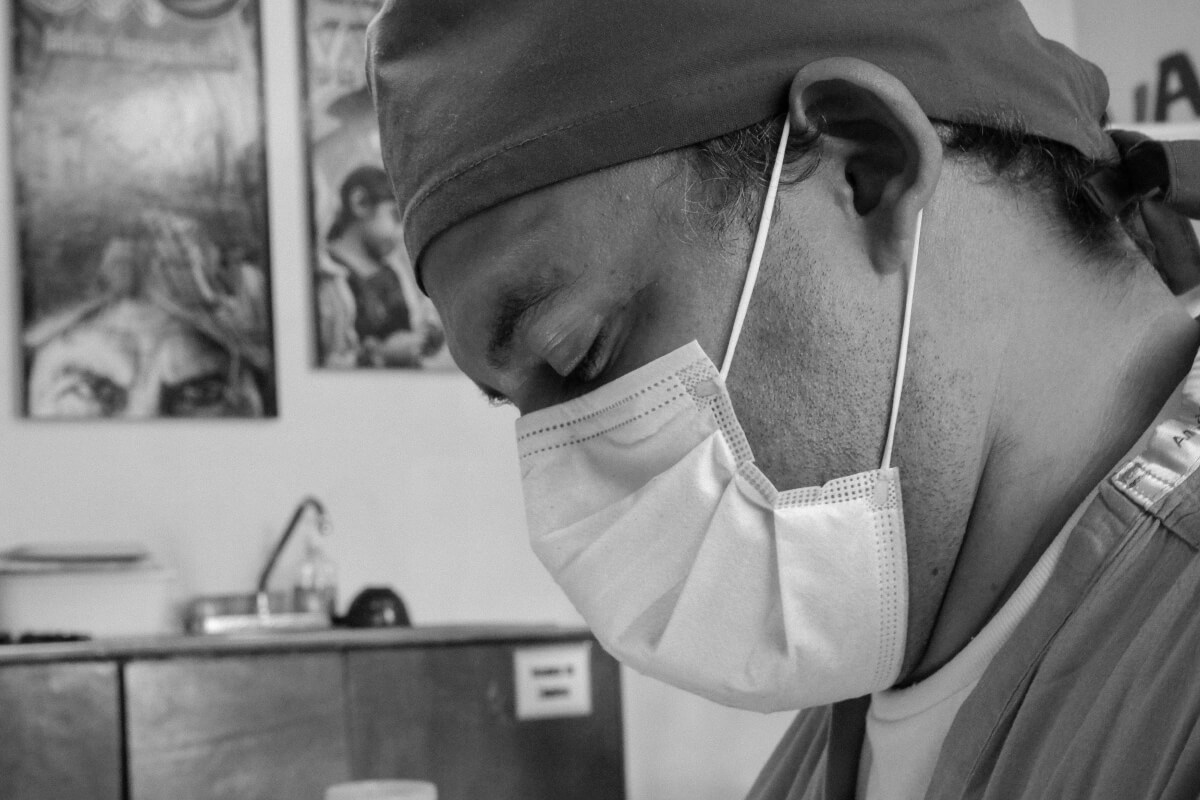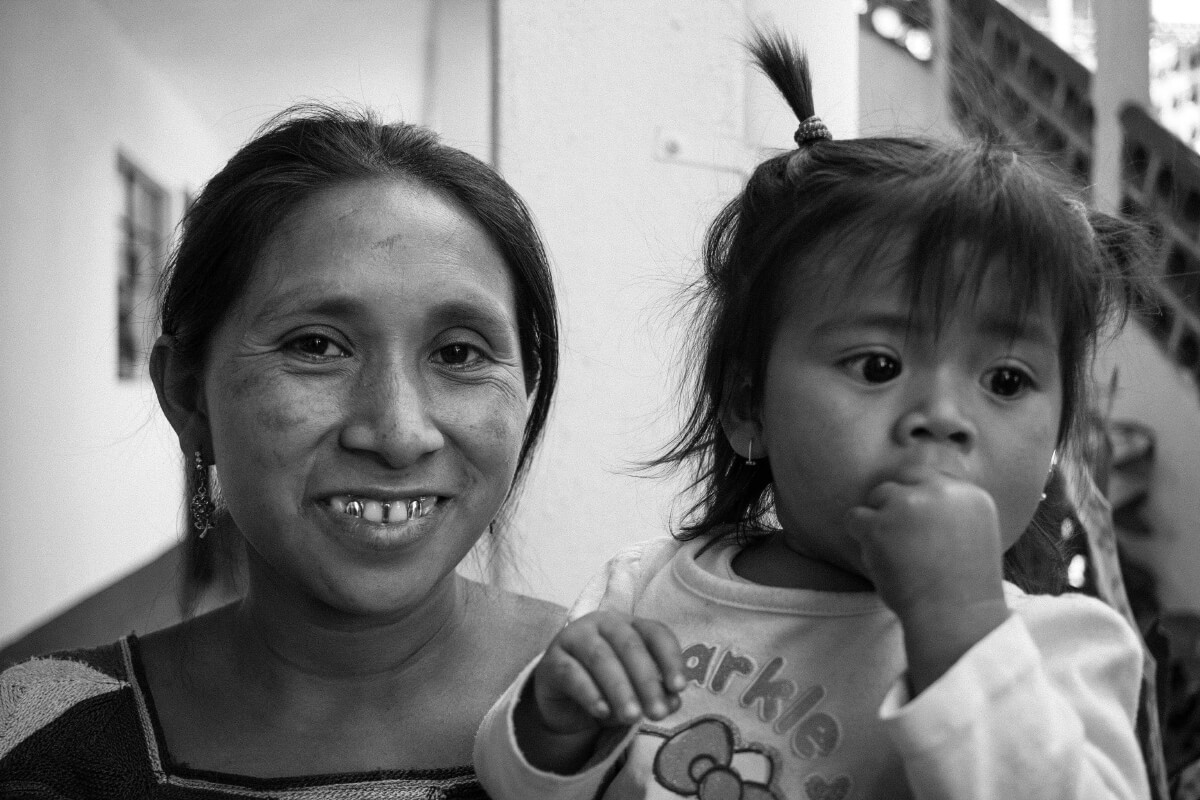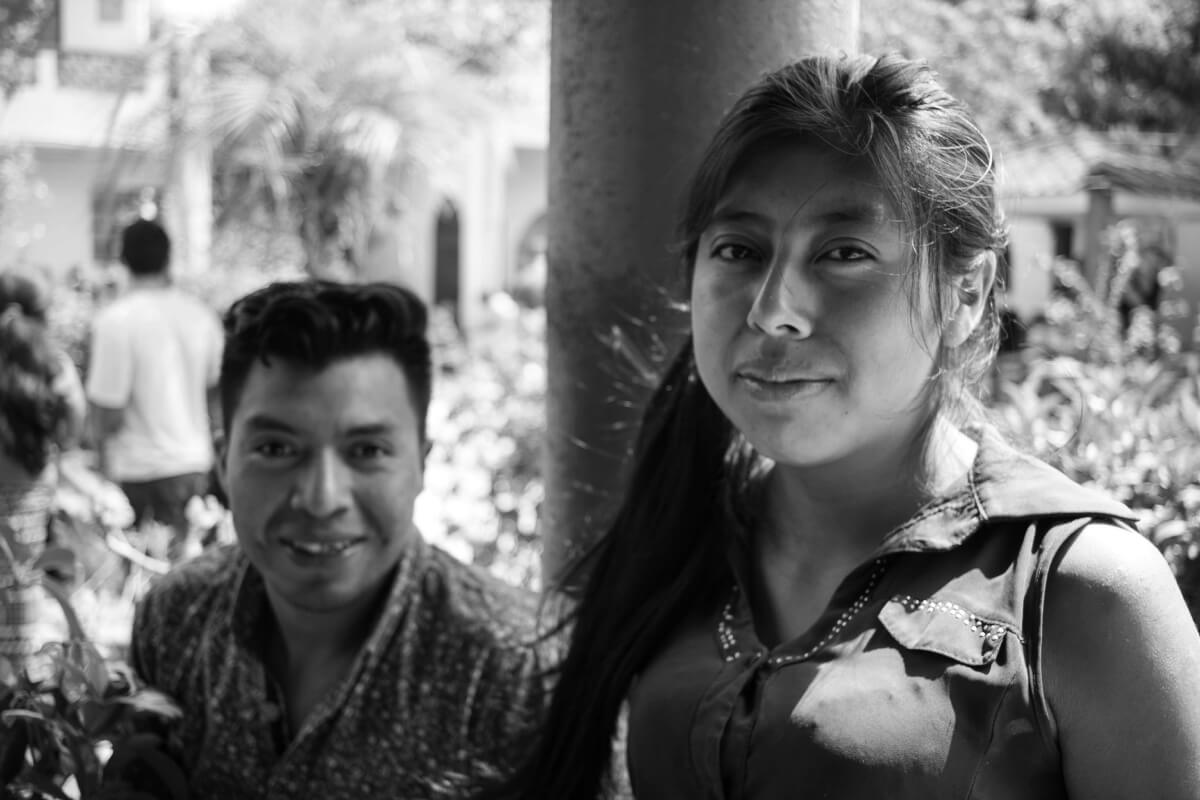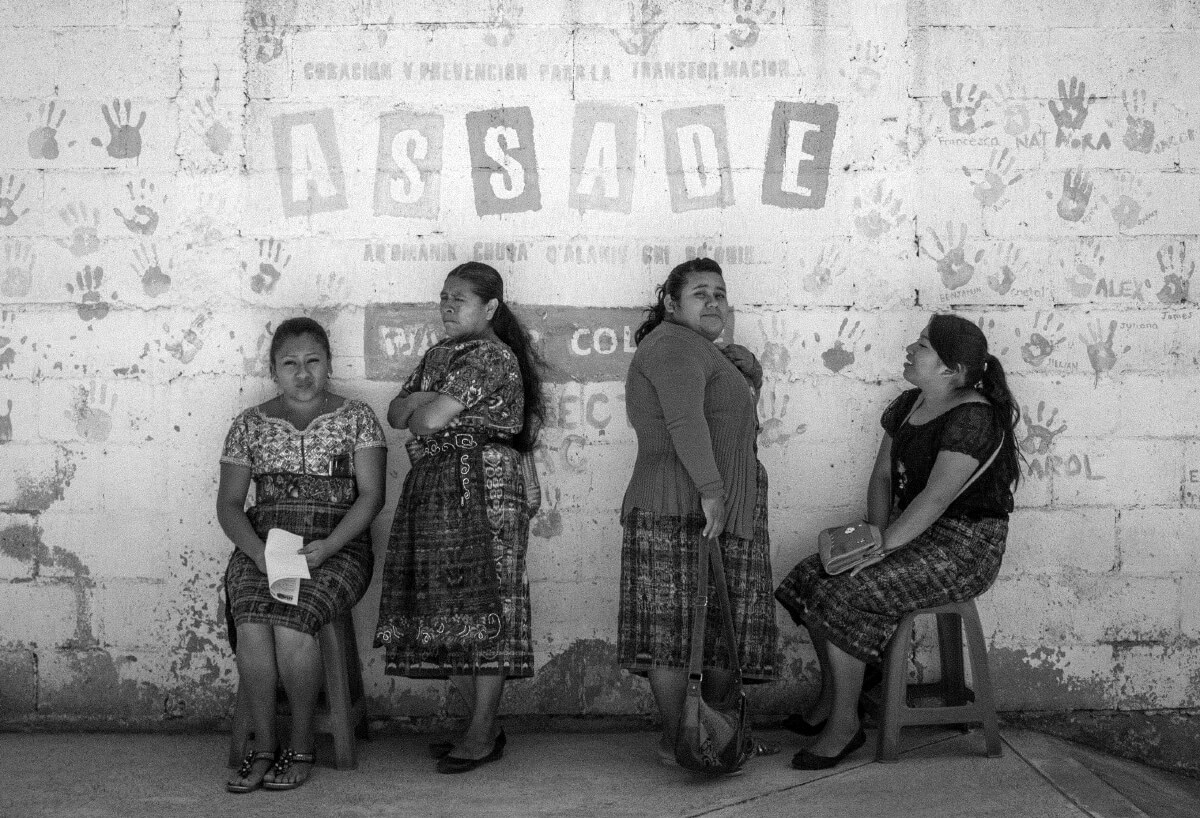by Julio Letona Chávez,
Director of Prevention Programs, Community Education & Development at Assade Guatemala
According to the Guatemalan government, as of March 17, 2020, there are six cases of people with coronavirus and the government has declared a series of restrictions in a state of calamity at a national level. The restrictions could be similar or the same for other countries, but with a great difference: an imbalanced power structure in country promoting restrictions through intimidation and implausibility. This letter is intended to explore the current feeling of rural Guatemalan communities facing the coronavirus pandemic.
Our inclusive health care center continues to remain open and serving as it was established to do since its foundation – to be a frontline for open access to adequate healthcare for underserved and vulnerable communities in the region. These communities have been forgotten by the Guatemalan government for decades, and living through the current risk of coronavirus is no exception. For this reason, our concern increases by the minute knowing that in the wake of this virus, all of the rest of the diseases we treat continue showing up at our doorstep. It is important to consider how this complicates the vulnerability of communities and organizations to continue working in these troubling times. Double the efforts is not a problem, as everyone is committed and willing to work harder, strengthening mutual support towards protection from all angles for these susceptible communities. It is a titanic challenge, but not impossible.

In a press conference on March 16th, the President of Guatemala declared more severe restrictions at a national level. Some of them were: full suspension of public transportation, shut down of governmental and private activities, total ban on group gatherings in public places, physical contact, closure of borders, etc.
In addition, the Government makes the recommendation of washing hands, using face masks and hand sanitizer, and to pray. For some Guatemalans these restrictions might be fine, but what happens with Guatemalans in rural communities we wish to highlight today? It is not plausible to recommend washing hands when there is no access to water, or it is severely limited and used for other more important priorities: to drink, as one example.
Perhaps prohibiting public activities is not that overwhelming for Governmental authorities, but in rural areas it may mean life or death. Terminating group gatherings could represent whether a family can eat or not, if they can seek healthcare or not. A few days ago in a meeting with our rural communities a woman expressed: “The truth is that here, children and women have died from not having access to health care from other diseases. I feel fear because we are the most affected. ‘The rope breaks on the weaker side’ is a common saying, indicating how fragile we are as we sit in the middle of an already collapsed system of healthcare and now trying to confront another risk.”

In the midst of the chaos – which exists due to our broken organizational structure in Guatemala – additional and unexpected problems appear at different levels. For example, on a daily basis our center (Assade) uses hand sanitizer. In just one week our supply has been almost depleted and when we went to purchase more, a bottle of hand sanitizer that would normally cost two US dollars ($2) now has a price tag of almost seven US dollars ($7). Inside the clutter of communication surrounding the coronavirus, the information that reaches rural areas we work with is confusing and creates an atmosphere of fear; fear that is not due solely to the coronavirus, but to the uncertainty of not knowing what is really going on outside. The risk of the coronavirus is a good example of how harmful is the nonexistence of the first level of care in Guatemala (click here to learn more), because what is happening right now happens every day in Guatemala with malnutrition, gastrointestinal or respiratory infections, dengue, etc. The one remarkable difference is that the latter list of issues we treat have all, unfortunately, been normalized.
At Assade we firmly believe that preventative measures go far beyond washing hands and quarantine. We need humanism, understanding, respect, love and community building. As we face this problem from the frontline, we believe that one of the most important areas to take action lies in capacity building and providing adequate space for communities to seek welfare.

It is funny how the current situation – coronavirus, I mean – forces societies to remember the value of health. It is sad to think about the level of selfishness we have reached in which, only when our “own” health is at risk, we get involved. It is incomprehensible.
We realize the amount of work in the coming days will be substantial, that there will be more obstacles than ever and our resources will be far too limited due to this situation. But we needed to take a moment to breathe and write a few lines, to share how everything is going over here, to speak on behalf of these communities, and to remember that on our end, it is love and compassion that are the ingredients we need most to face this crisis.
